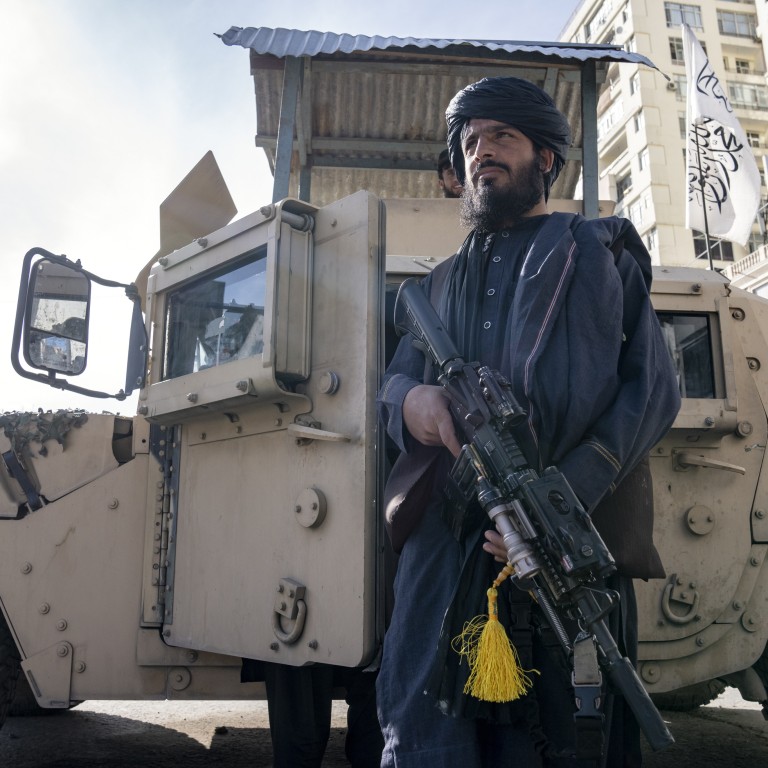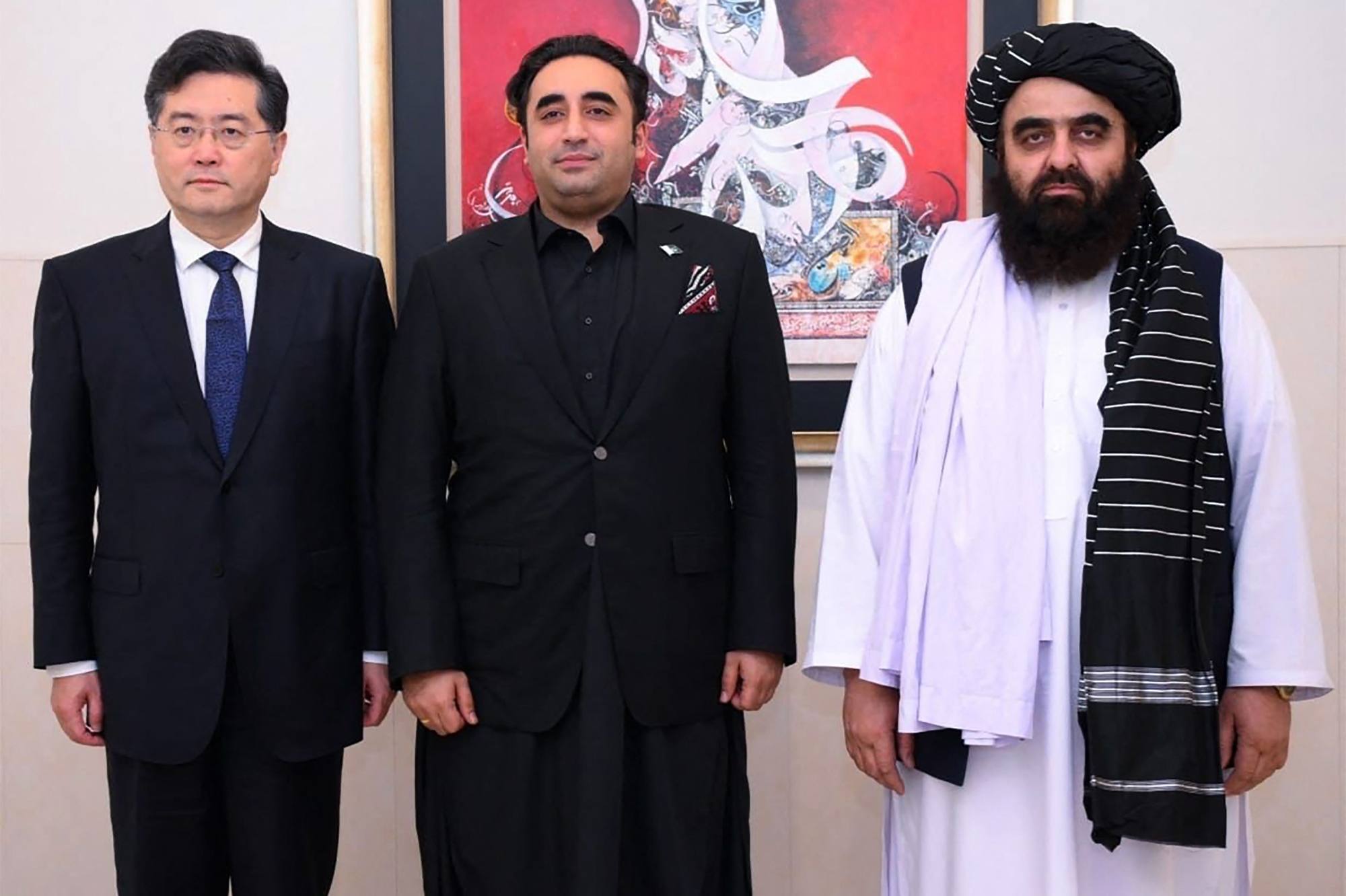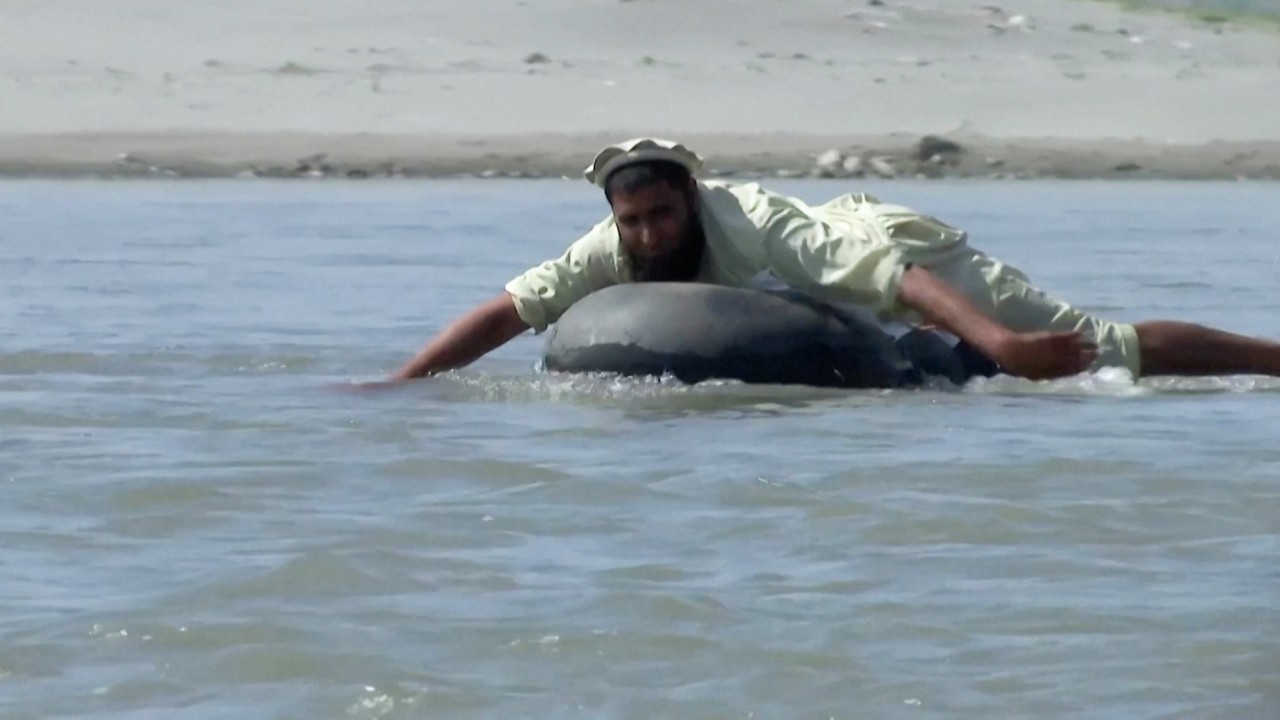
With an intractable Taliban, Afghanistan remains a headache for China, Russia and all its neighbours
- Recent moves by China and Russia to bring diplomacy to bear on the Taliban government are unlikely to work
Neither is likely to fix Afghanistan or bring answers. Rather, Afghanistan will continue to sit at the centre of the Eurasian heartland, creating headaches for the powers that surround it.
Beijing also appears to have used the opportunity to remind the Taliban not to let Afghan territory be a host for other nation’s problems. A Chinese statement after the meeting said the Afghan side “stressed that it will not allow any forces to use Afghanistan’s territory for activities against China and Pakistan”.

This frustration was echoed in Moscow’s latest proposal when Russian envoy Zamir Kabulov suggested the latest Russian minilateral grouping around Afghanistan.
Moscow’s proposal feels weak. While the format might appeal to the Taliban, it will not go down well with the three Central Asian countries that border Afghanistan which may find themselves being bargained over in the new structure.
Tajikistan, Turkmenistan and Uzbekistan are, in their different ways, frustrated by the Taliban authorities. The Uzbeks and Turkmen, in particular, are respectively furious and concerned over a Taliban-launched canal-digging project that could divert crucial water supplies from their countries.
By bringing together just Iran, India, Pakistan, China and itself to discuss regional affairs, Russia appears to be returning to the Great Game mantra, where the so-called big powers determine the fate of the smaller nations around them. This is unlikely to achieve anything practical.
There is frustration on the Taliban side too. Amir Khan Mutaqi, acting foreign minister of the Afghan interim government, might enjoy the prestige of a new regional grouping, but none of these outside powers is giving the Taliban what it wants. China, in particular, is still stalling on investment.
The Afghan government recently reported that a Metallurgical Group delegation met Maulvi Shahabuddin Delawar, the acting minister of mines and petroleum. No clear progress on the project was announced, though the Afghan side expressed their desire for the company to start work.
This came after local reports that a company called Gochin and described as Chinese met Delawar to discuss a US$10 billion investment into an Afghan lithium mining project and infrastructure construction.
It is unclear which company this is exactly. Reporters tracked down a company named Gotion, headquartered in California but owned by a Chinese firm. However, Gotion denied any links with the project.
The Taliban’s trumpeting of clearly exaggerated investment discussions highlight its desperation to get deals announced, to show that it is bringing prosperity to the country.
What is likelier is that we will see a growing number of Chinese lithium projects advance in Afghanistan but on a much smaller scale. This has already created some friction, with the Taliban arresting Chinese nationals for allegedly trying to smuggle lithium-rich material out of the country.
If the Afghan economy is improving, it’s no thanks to the Taliban
The crux of the problem is the authority in Kabul. The Taliban has proven to be stubborn, refusing to bend to outside pressure. And why should it? The Taliban has seen off the world’s greatest military power and is left with a series of regional powers essentially lobbying it to keep at bay problems that might affect them.
It does, however, highlight a persistent problem that both Beijing and Moscow will find themselves struggling with in the near and medium term.
Raffaello Pantucci is a senior associate fellow at the Royal United Services Institute (RUSI) in London and a senior fellow at the S. Rajaratnam School of International Studies (RSIS) in Singapore



